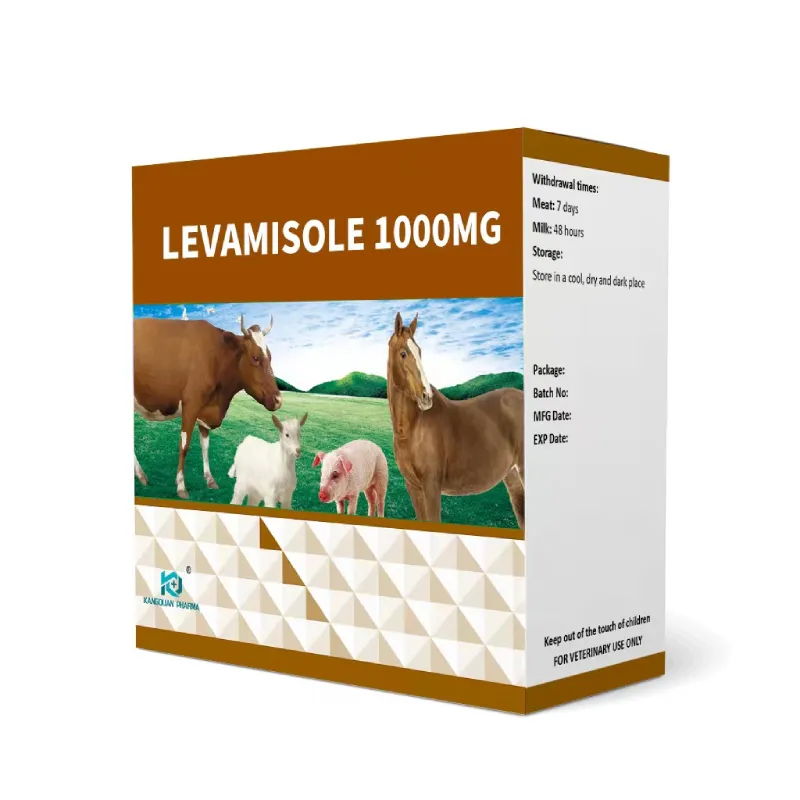- Afrikaans
- Albanian
- Amharic
- Arabic
- Armenian
- Azerbaijani
- Basque
- Belarusian
- Bengali
- Bosnian
- Bulgarian
- Catalan
- Cebuano
- Corsican
- Croatian
- Czech
- Danish
- Dutch
- English
- Esperanto
- Estonian
- Finnish
- French
- Frisian
- Galician
- Georgian
- German
- Greek
- Gujarati
- Haitian Creole
- hausa
- hawaiian
- Hebrew
- Hindi
- Miao
- Hungarian
- Icelandic
- igbo
- Indonesian
- irish
- Italian
- Japanese
- Javanese
- Kannada
- kazakh
- Khmer
- Rwandese
- Korean
- Kurdish
- Kyrgyz
- Lao
- Latin
- Latvian
- Lithuanian
- Luxembourgish
- Macedonian
- Malgashi
- Malay
- Malayalam
- Maltese
- Maori
- Marathi
- Mongolian
- Myanmar
- Nepali
- Norwegian
- Norwegian
- Occitan
- Pashto
- Persian
- Polish
- Portuguese
- Punjabi
- Romanian
- Russian
- Samoan
- Scottish Gaelic
- Serbian
- Sesotho
- Shona
- Sindhi
- Sinhala
- Slovak
- Slovenian
- Somali
- Spanish
- Sundanese
- Swahili
- Swedish
- Tagalog
- Tajik
- Tamil
- Tatar
- Telugu
- Thai
- Turkish
- Turkmen
- Ukrainian
- Urdu
- Uighur
- Uzbek
- Vietnamese
- Welsh
- Bantu
- Yiddish
- Yoruba
- Zulu
Dec . 29, 2024 00:34 Back to list
Finding the Most Effective Antibiotic for Treating Lung Infections
What is the Best Antibiotic for a Lung Infection?
Lung infections, commonly referred to as pneumonia, are serious medical conditions that can vary in severity, ranging from mild to life-threatening. They are caused by various pathogens, including bacteria, viruses, and fungi. Among these, bacterial pneumonia is a common form that requires antibiotic treatment. Understanding the best antibiotics for lung infections is crucial for effective management and recovery.
The choice of antibiotic largely depends on the causative organism, the patient's health history, and the severity of the infection. Common bacteria responsible for lung infections include Streptococcus pneumoniae, Haemophilus influenzae, and Staphylococcus aureus, among others. Therefore, identifying the specific bacteria is key to prescribing the most effective antibiotic.
For outpatient treatment of mild to moderate pneumonia, doctors often prescribe amoxicillin as the first line of defense, especially if the patient is otherwise healthy and has not recently received antibiotics. Amoxicillin targets the common bacteria causing pneumonia and is generally well-tolerated. In cases where the patient has a history of penicillin allergies or the pneumonia is suspected to be caused by atypical bacteria (such as Mycoplasma pneumoniae), alternative antibiotics like doxycycline or azithromycin may be used.
In more severe cases or for patients requiring hospitalization, broad-spectrum antibiotics are typically initiated. A combination approach may be adopted, such as using ceftriaxone or cefotaxime in combination with azithromycin or a fluoroquinolone like levofloxacin. This dual therapy covers a wide range of potential pathogens, including those that are more resistant to treatment.
what is the best antibiotic for a lung infection

It is important to note that there is no one-size-fits-all antibiotic. A patient's age, existing medical conditions, and prior antibiotic use are critical factors affecting antibiotic selection. For example, older adults or individuals with compromised immune systems may require a more aggressive approach, potentially incorporating intravenous antibiotics.
In addition to antibiotic treatment, supportive care is essential for recovery. This may include hydration, rest, and, in some cases, hospitalization where oxygen therapy or respiratory support may be needed.
Antibiotic resistance is a growing concern in the treatment of lung infections. The inappropriate or overuse of antibiotics can lead to resistant strains of bacteria, making infections harder to treat. Therefore, healthcare providers emphasize the importance of using antibiotics judiciously and only when necessary.
While antibiotics play a fundamental role in treating bacterial lung infections, it’s important to recognize that not all lung infections are bacterial. For instance, viral pneumonia, often caused by influenza or respiratory syncytial virus (RSV), does not respond to antibiotics and requires different management strategies. This distinction underscores the importance of accurate diagnosis before treatment initiation.
In conclusion, determining the best antibiotic for a lung infection involves careful consideration of the specific bacteria involved, the patient's health status, and previous treatments. Amoxicillin remains a popular choice for mild pneumonia, while more severe cases may necessitate broader-spectrum antibiotics. Ultimately, appropriate prescribing practices, combined with supportive care and a focus on reducing antibiotic resistance, will enhance treatment outcomes for pneumonia patients. As always, consultation with a healthcare professional is essential for a proper diagnosis and treatment plan tailored to individual needs.
-
Guide to Oxytetracycline Injection
NewsMar.27,2025
-
Guide to Colistin Sulphate
NewsMar.27,2025
-
Gentamicin Sulfate: Uses, Price, And Key Information
NewsMar.27,2025
-
Enrofloxacin Injection: Uses, Price, And Supplier Information
NewsMar.27,2025
-
Dexamethasone Sodium Phosphate Injection: Uses, Price, And Key Information
NewsMar.27,2025
-
Albendazole Tablet: Uses, Dosage, Cost, And Key Information
NewsMar.27,2025













